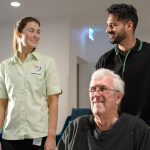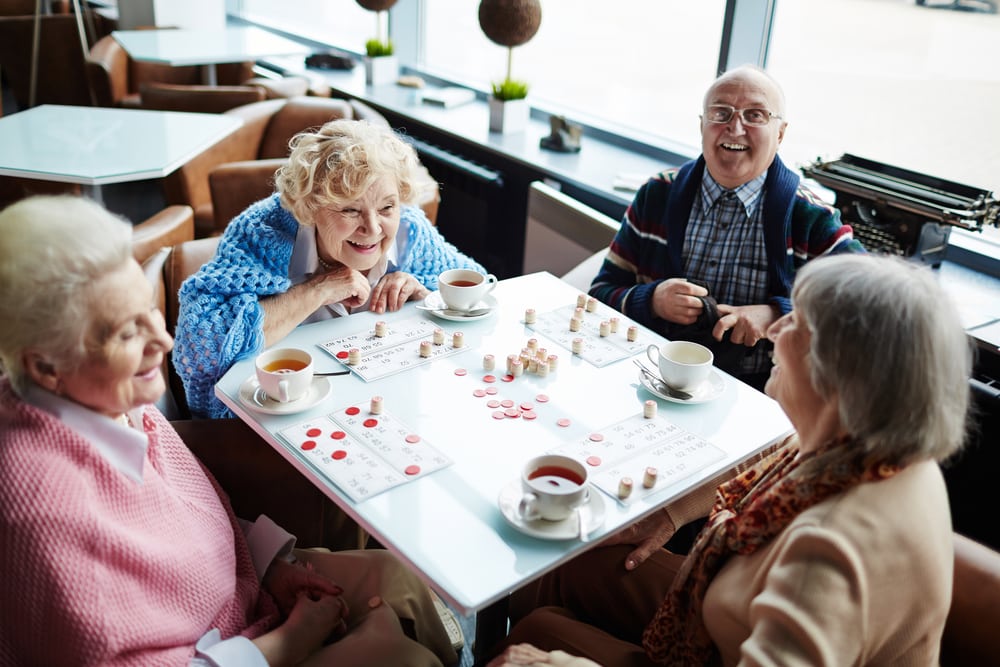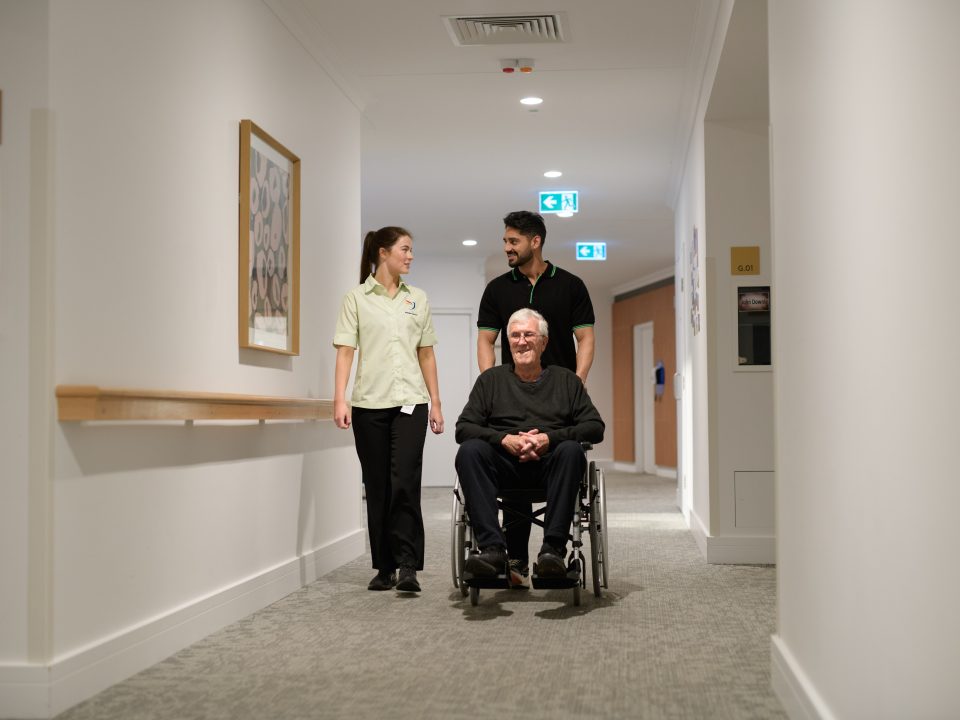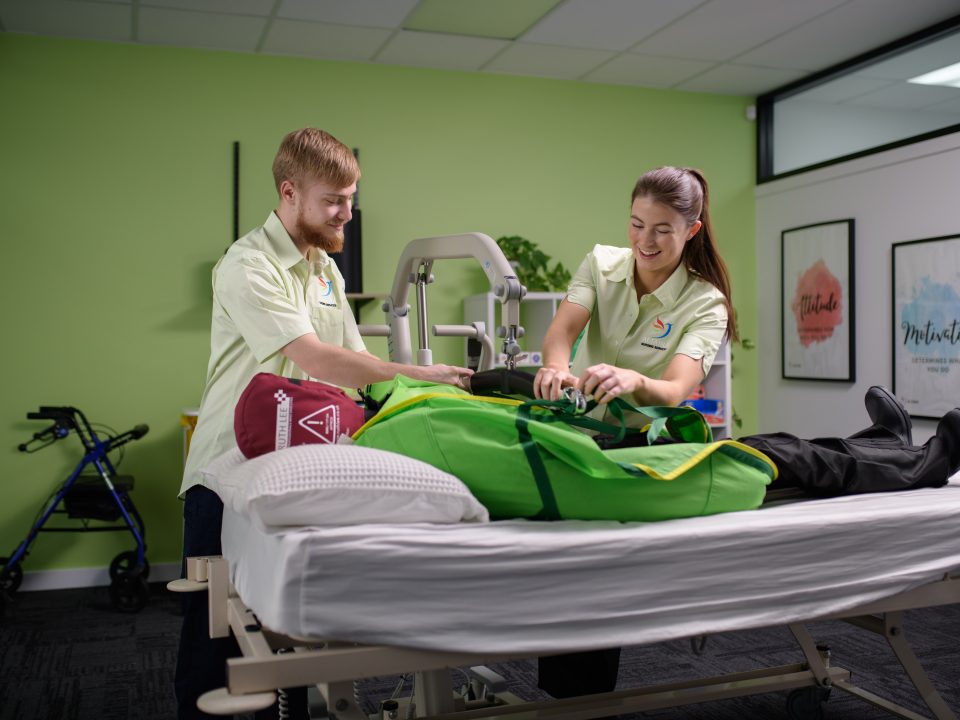
Elevate your nursing career with Altaira and celebrate with a $1000 Joining Bonus!
December 19, 2023
Inside Altaira’s journey of career pathways and community commitment
April 21, 2024Engaging Activities for Nurses and Carers with Elderly Residents

Fostering meaningful engagement and social interaction is paramount in promoting overall well-being in aged care homes. For nurses and carers working with elderly residents, incorporating a diverse range of stimulating activities is a significant factor of compassionate care. These activities can not only help to alleviate boredom and loneliness but also to stimulate cognitive function, encourage physical activity and nurture emotional connections.
Some examples of possible activities to incorporate include:
Gardening – a gardening club or encouraging time out in the garden can be a fun way to facilitate social connection, as well as sensory stimulation and a sense of purpose. It may also contribute to reducing anxiety and stress and promote relaxation and wellbeing.
Group exercise – often led by a nurse or fitness instructor, group exercise sessions promote physical activity whilst maintaining the needs and abilities of elderly residents. Maintaining even just a small amount of physical activity if possible has various benefits including enhances mobility, flexibility and strength, reduces the risk of falls and injuries, improves cardiovascular health, boosts mood and self-esteem, and fosters social interaction.
Games – games such as puzzles, word games, board games and card games allow nurses and carers to interact with residents, whilst also stimulating cognitive function, enhancing memory and problem solving skills, alleviate boredom and encourage communication.
Arts and crafts – activities such as drawing, painting and sculpting facilitated by nurses and carers promotes self-expression and creativity for residents, as well as improves fine motor skills, hand-eye coordination and can act as an outlet for motional expression and stress relief.
Music therapy – listening to music, singing or playing musical instruments an help to reduce agitation and anxiety, improve mood and emotional well-being, promote relaxation, facilitates social interaction and communication and the chance to express themselves.
Meditation/Yoga – meditation and yoga sessions including mindfulness practices, breathing exercises, gentle movement, and relaxation techniques tailored to each residents needs. These sessions can help to reduce stress and anxiety, provide mental clarity, enhance physical flexibility, strength and balance, and foster a sense of peace and contentment.
Book Club – a book club is a great activity for elderly residents that can be led by nurses, and involves reading and discussing books or other literacy works. A book club can provide intellectual stimulation, cognitive engagement, maintain reading and literacy skills, foster social interaction among residents and carers and promote understanding through shared thoughts, interests and experiences from reading.
Day trips – most residents will be glad to get out and enjoy a day of activity, whether that be an art exhibition, the movies, a farmers market or a picnic, outings allow for a change of scenery, provide social interaction with new people, may evoke happy memories, and also just provide a bit of fun!
Incorporating some of these engaging activities into the daily care of elderly residents can create a vibrant environment where residents feel valued, respected and empowered. By nurturing their physical, cognitive, emotional and social needs, nurses and carers play an important role in enhancing quality of life and fostering a sense of purpose, belonging and joy.
If you need more ideas, read here about the benefits of pet therapy for residents!: https://www.altaira.com.au/the-positive-effects-of-pet-therapy-for-seniors/










